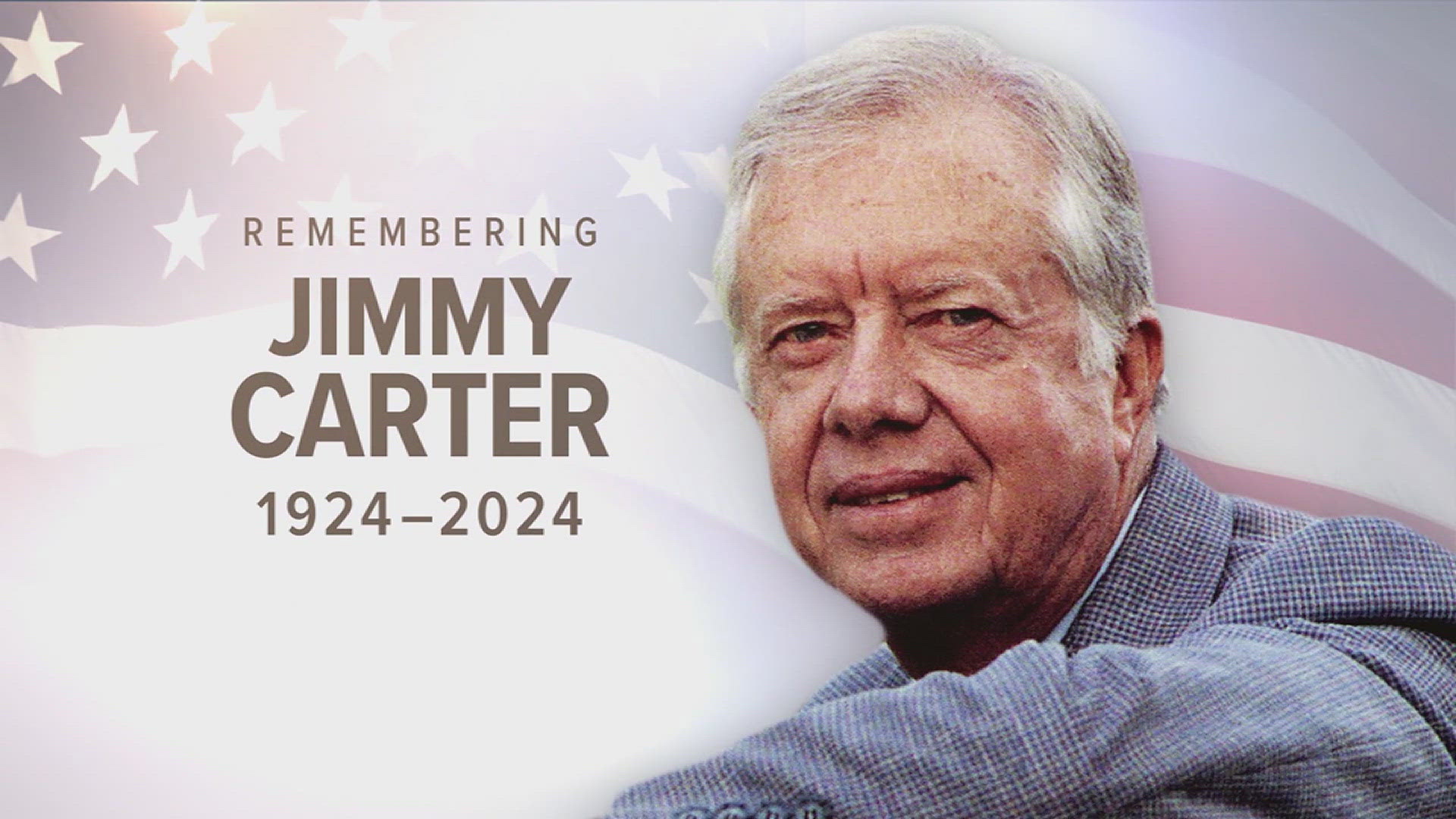(Akiit.com) Not according to Randy Stelly in Natchitoches, Louisiana. He believes they speak for a segment of the population of African Americans, but not for him or for others. “Remember,†he said, “the African American community is not homogeneous and shouldn’t be treated as such, which it often is by the media.†I spoke with him in his role as the leader of the Progressive Independent Party in Louisiana, a fledgling group trying to develop an alternative party to the Democrats and Republicans who haven’t represented the African American community and progressive issues as some hoped. He also owns The Real Views, an alternative newspaper representing African Americans, in this small town in the Deep South. He has been involved in projects sponsored by Operation Breadbasket and has interviewed him as well. He has also researched, written about and interacted with those involved with Sharpton.
Sharpton has been interviewed both before and after the election of President Barack Obama, and his opinion sought over racial matters related to the new administration. It has been observed in the news, however, that Obama and Sharpton differ on tactics and strategies. Sharpton has a strong civil rights organization. He and Obama have differed on racial politics. On the other hand, National Action Network spokeswoman Rachel Noerdlinger, was reported by Newsday declaring, “They are in different lanes but they always meet in the middle.”
Obama has cut his own swath in the civil rights brigade in that he seems to speak as the President of everyone rather than a segment of the population. Stelly has observed there is a difference in how individuals interact when it comes to civil rights. Sharpton, he maintained, together with Jesse Jackson, are both preachers. They come from a traditional group in the African American community that have spoken out on civil rights. But they both ran for President, and Stelly believes that violates the separation of church and state and what Thomas Jefferson planned for with the Constitution.
As for Jesse Jackson, Stelly laughingly said, “He hasn’t run across a camera he didn’t like yet.†He and Sharpton may have been sought as speakers for the African American community, but Stelly has been concerned about that for some time. He considers Jackson something of a demigod and recalled a time during the civil rights era when a disc jockey coined the phrase “burn, baby, burn.†After that Jackson developed a phrase of his own, “learn, baby, learn.†The piggyback on that phrase alienated folks like Stelly who considers educational problems too important to be highlighted by phrases from public figures that seem to call attention to the person as opposed to the problem.
Stelly has a comedic way of expressing his ideas. I edit and write many of the stories for the newspaper he publishes, although for the most part we live and move on quite separate tracks, since he is a speedy fellow who runs advertising and is involved in the politics of the community. A legitimate interview is difficult to obtain with a fast-moving interview target. But on Friday I asked the hard-to-catch fellow these serious questions because Sharpton and Jackson remain part of the conversation in the white community when it comes to African American issues.
Jesse Jackson, as well as Al Sharpton, continue to be on television, asserting themselves as authorities on various issues related to the African American community. Jackson was recently on television, commenting on gun control and violence in schools. He was interviewed at a press conference after 14-year-old Hazel Crest boy shot in mid March in the Morgan Park neighborhood became the 28th Chicago Public Schools student killed this school year.
As the interview finished, and Stelly completed his answers, he joked once again to underline key points of his conversation with me. These guys, Sharpton and Jackson, he said, cut deals too much, have been shakedown artists, and were interested in getting themselves publicity much of the time.
Once more, Stelly made entertaining remarks with his finish. He said Sharpton and Jackson are no longer HNIC, Head Negros in Charge, especially since Obama’s election. He said once again, what he declares most important, that the African American community is diverse in its opinions and ideas, and no two people exclusively speak for the group.
Written By Carol Forsloff









Leave a Reply